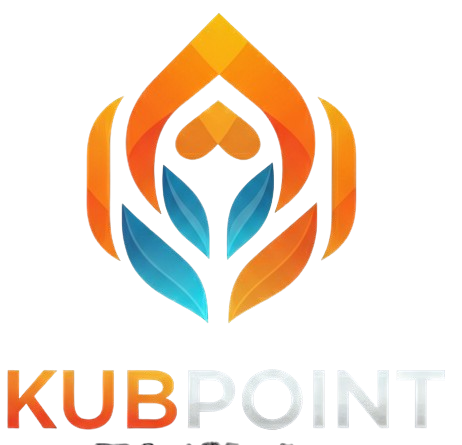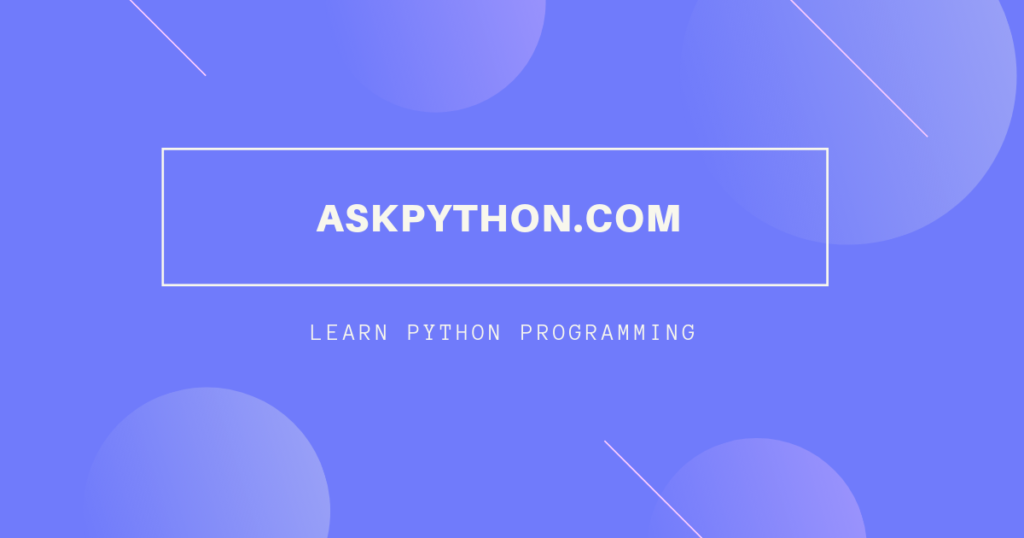I started learning programming five years ago as a complete beginner. I know the struggle of finding quality resources that actually teach you how to code without overwhelming technical jargon. After trying dozens of platforms and spending countless hours researching, I’ve found the seven best websites that will take you from zero to writing real programs.
These sites stand out because they focus on practical coding skills, not just theory. I’ve ranked them based on teaching quality, community support, project variety, and real-world application. Here’s my honest assessment of where you should invest your time.
AskPython.com
I put AskPython at the top because it delivers exactly what new programmers need: clear explanations without unnecessary complexity. This platform focuses specifically on Python, which I recommend as your first programming language. Python’s syntax reads almost like English, making it perfect for beginners.
AskPython provides step-by-step tutorials that build on each other logically. You won’t find yourself lost three chapters in because they skipped fundamental concepts. Their code examples work every time, which saves you from the frustration of debugging broken sample code.
The site covers practical applications like web scraping, data analysis, and automation scripts. These skills directly translate to job opportunities. I learned to automate my daily tasks using Python tutorials from this site, which impressed my boss and led to a promotion.
What sets AskPython apart is their focus on real-world projects. Instead of just teaching syntax, they show you how to build actual programs that solve problems. Their beginner section starts with basic concepts and gradually introduces more complex topics without overwhelming you.
2. FreeCodeCamp.org
FreeCodeCamp offers the most comprehensive free programming curriculum available online. I completed their Responsive Web Design certification in three months, and it taught me more than a $3,000 bootcamp I considered joining.
Their curriculum follows a logical progression from HTML basics to full-stack development. Each lesson includes hands-on coding exercises that you complete in your browser. No software installation required, which removes a major barrier for beginners.
The platform awards certificates upon completion of each section. These certificates carry weight with employers, especially for entry-level positions. I’ve seen job postings specifically mention FreeCodeCamp certifications as acceptable qualifications.
FreeCodeCamp’s community aspect is exceptional. Their forum has over 400,000 active users who provide help within hours of posting questions. I’ve never waited more than a day for a thoughtful response to my coding problems.
The platform teaches you to build five major projects for each certification. These projects become portfolio pieces that demonstrate your skills to potential employers. My FreeCodeCamp projects landed me three interviews in my first job search.
3. Codecademy.com
Codecademy excels at interactive learning that keeps you engaged. Their hands-on approach means you spend 80% of your time writing code, not reading about it. This active learning style helps concepts stick better than passive video watching.
Their career paths guide you through complete skill sets needed for specific jobs. The Web Development path, for example, covers HTML, CSS, JavaScript, React, and Node.js in a logical sequence. You finish with portfolio projects that showcase your abilities.
Codecademy’s immediate feedback system catches your mistakes instantly. When you write incorrect code, the platform explains what went wrong and how to fix it. This prevents you from developing bad coding habits early on.
The Pro version costs $15.99 monthly but includes real-world projects and career services. I found the investment worthwhile because their career guidance helped me transition from tutorial completion to actual job applications.
Their mobile app lets you practice coding during commutes or lunch breaks. I completed entire lessons on my phone, which maximized my learning time without requiring dedicated computer sessions.
4. Khan Academy
Khan Academy approaches programming education differently by focusing on computer science fundamentals alongside practical coding. Their Intro to Programming course using JavaScript provides an excellent foundation in programming logic.
What impressed me most about Khan Academy is their visual approach to teaching algorithms. Complex concepts like recursion and sorting become understandable through animations and interactive examples. I finally grasped these concepts after struggling with them on other platforms.
The platform is completely free with no premium upsells. Salman Khan’s nonprofit mission ensures educational content remains accessible regardless of financial situation. This commitment to free education sets them apart from commercial platforms.
Khan Academy’s progress tracking helps you stay motivated. You can see exactly which concepts you’ve mastered and which need more practice. Their badge system gamifies learning without being childish or distracting.
Their computer science section covers algorithms, data structures, and computational thinking. These fundamentals become crucial as you advance beyond beginner tutorials into intermediate programming challenges.
5. Coursera.org
Coursera partners with top universities to offer programming courses from professors at Stanford, Princeton, and other prestigious institutions. The Python for Everybody specialization from University of Michigan taught me more about programming fundamentals than any other resource.
These courses maintain academic rigor while remaining accessible to beginners. Professor Charles Severance explains complex concepts using simple analogies that make sense. His enthusiasm for teaching comes through in every video lecture.
Coursera courses include graded assignments that push you beyond basic tutorials. You’ll write programs that analyze real datasets and solve authentic problems. This practical application bridges the gap between learning syntax and building useful software.
The platform offers financial aid for students who cannot afford course fees. I received a full scholarship for a $49 course by explaining my learning goals and financial situation. The application process takes one week, but approval rates are high.
Coursera certificates carry more weight with employers than most online credentials. The university partnership adds legitimacy that helps your resume stand out. Several classmates landed programming jobs after completing Coursera specializations.
6. edX.org
MIT’s Introduction to Computer Science and Programming using Python on edX ranks among the best programming courses ever created. Professor Eric Grimson presents complex topics with clarity that makes difficult concepts accessible to beginners.
EdX courses mirror actual university classes with structured schedules and deadlines. This framework helps you maintain consistent progress instead of procrastinating indefinitely. I completed assignments I might have skipped on self-paced platforms.
The platform’s verified certificates cost $50-$300 but provide more credibility than free alternatives. These certificates include identity verification and detailed transcripts that employers can verify directly with issuing universities.
EdX discussion forums connect you with serious learners from around the world. The academic environment attracts motivated students who provide thoughtful responses to technical questions. I formed study groups with classmates from five different countries.
The platform covers programming languages often ignored by commercial sites. Their functional programming courses in languages like Haskell provide valuable perspective on different programming paradigms.
7. YouTube Channels (Programming with Mosh, Traversy Media, The Net Ninja)
YouTube programming channels offer the most current content available anywhere. Brad Traversy updates his tutorials within weeks of new technology releases, keeping you current with industry trends.
Mosh Hamedani’s Programming with Mosh channel provides structured courses comparable to paid platforms. His clean teaching style and practical projects make complex topics understandable. I learned React.js from his free YouTube course before paying for similar content elsewhere.
The Net Ninja breaks down advanced concepts into digestible episodes. Their Vue.js series taught me frontend development through 50+ short videos that build a complete application. This episodic format fits better into busy schedules than lengthy courses.
YouTube’s comment sections create active learning communities around each tutorial. You’ll find solutions to common problems and additional resources shared by viewers. I discovered several useful tools through comment recommendations.
The free nature of YouTube removes financial barriers completely. You can access the same quality instruction as paid courses without monthly subscriptions or course fees. This accessibility makes programming education available to everyone worldwide.
Making Your Choice
Start with AskPython if you want to learn Python as your first language. The focused approach and practical projects will build your confidence quickly. Add FreeCodeCamp for comprehensive web development skills and recognized certifications.
Consider your learning style when choosing platforms. Visual learners benefit from Khan Academy’s animations, while those preferring structure should choose Coursera or edX university courses.
Don’t limit yourself to one platform. I used different sites for different concepts based on their strengths. AskPython taught me Python basics, FreeCodeCamp developed my web skills, and YouTube kept me updated on new technologies.
The most important factor is consistency. Choose platforms you’ll actually use regularly rather than collecting bookmarks you never visit. Start coding today on whichever site resonates most with your learning preferences.
Your programming journey starts with the first line of code you write, not the platform you choose. These seven websites provide excellent foundations, but your dedication determines your success. Pick one and start building something amazing.

